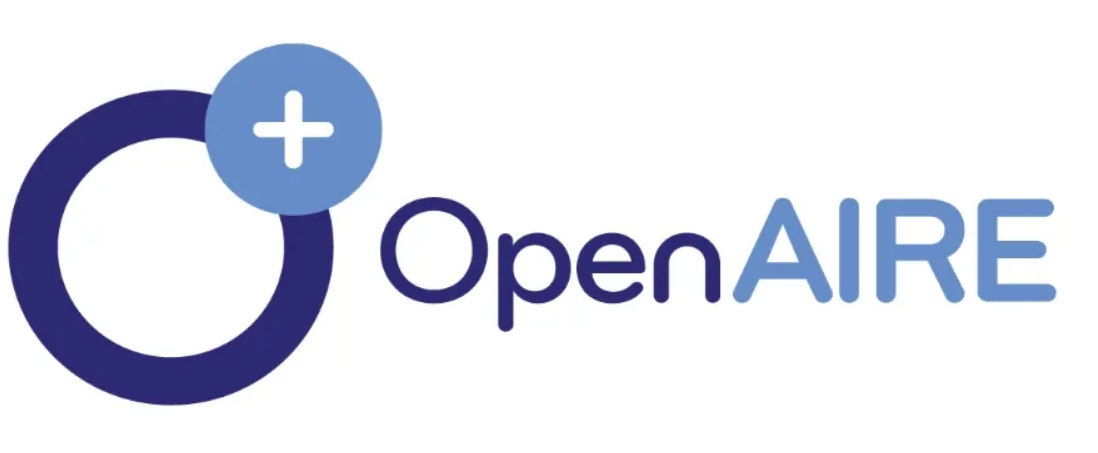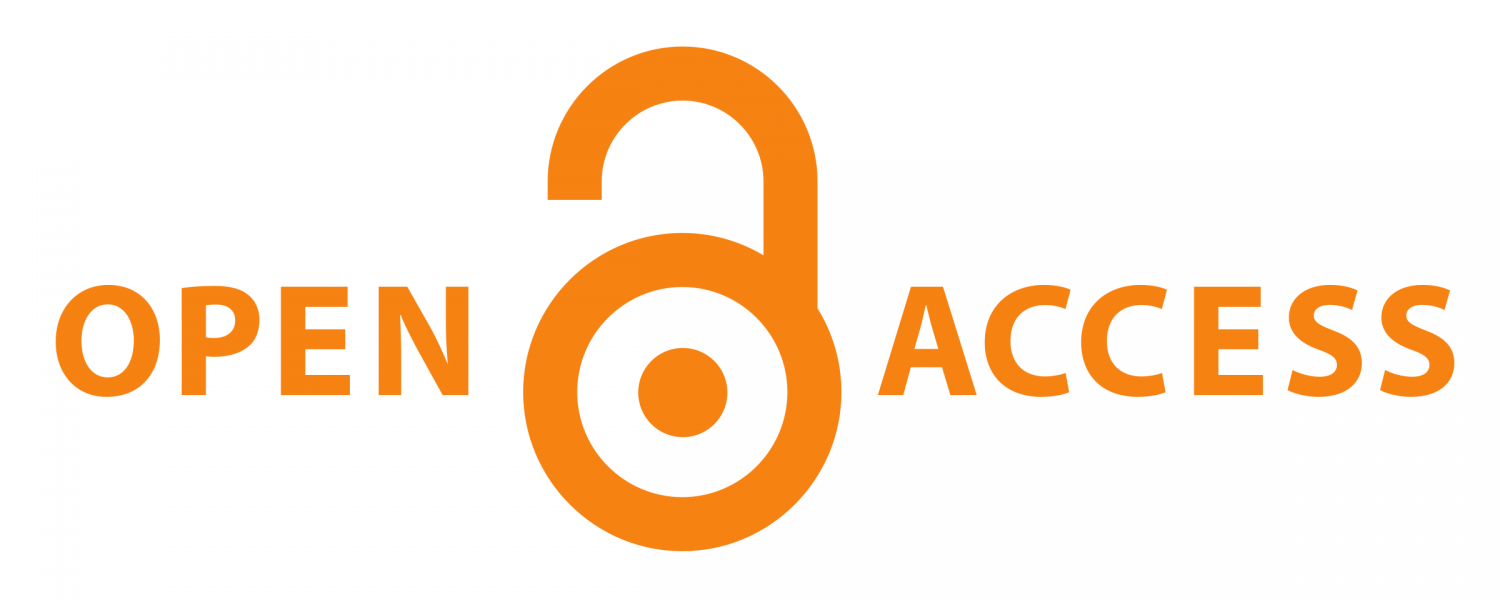The Role of Policy and Key Factors Shaping the Adoption of E-Governance Services in Higher Education
DOI:
https://doi.org/10.5281/zenodo.17291140Schlagwörter:
E-Governance, Perceived Usefulness, Digital LiteracyAbstract
This paper evaluates the intricate relationships among apparent utility, easy to understand, digital literacy, trust in technology, and the purpose to adopt E-Government services within Pakistani universities. The analysis, involving 298 participants, focuses on identifying key motivators for utilizing E-Government services. Results indicate that perceived usefulness serves as a mediator between apparent easy to proceed and the purpose to adopt these services. Interestingly, higher levels of trust in technology and digital literacy are inversely associated with the inclination to use E-Government services. However, digital literacy directly influences individuals' perceptions and intentions regarding these services. The paper also explores the linking between the appeal of E-Government services and their perceived utility, emphasizing that trust in technology and computer proficiency can moderate this relationship. These findings offer valuable insights for future studies on technology adoption in higher education and provide a useful reference for policymakers seeking to enhance the adoption of the E-Government services.
Downloads
Veröffentlicht
Ausgabe
Rubrik
Lizenz
Copyright (c) 2025 International Journal of Research Studies

Dieses Werk steht unter der Lizenz Creative Commons Namensnennung - Nicht-kommerziell - Keine Bearbeitungen 4.0 International.
All articles published in International Journal of Research Studies are licensed under a Creative Commons Attribution 4.0 International License (CC BY 4.0). This license allows others to share, copy, distribute, and adapt the work for any purpose, even commercially, as long as appropriate credit is given to the original authors. Authors retain the copyright and agree to have their work published under this license, ensuring the broadest possible dissemination and reuse of their research.
For more information or licensing inquiries, contact mossdigital77@gmail.com.








